Australia Leads the Way in CBDC Innovation
The eAUD from the Reserve Bank of Australia is currently undergoing a pilot phase on a public Ethereum L2 network

Australia moves closer to establishing a central bank digital currency (CBDC) with the announcement of an upcoming pilot phase for the eAUD, the Reserve Bank of Australia's digital version of the Australian dollar.
The RBA is collaborating with the DFCRC on the project, with ANZ, Mastercard, and Ethereum-based layer-2 network Canvas Digital among the participants to explore 14 use cases for the eAUD, ranging from facilitating offline payments to tokenised invoices for businesses and even livestock auctions. The goal of the pilot program is to provide hands-on learning by the industry and add to policymakers' understanding of how a CBDC could benefit the Australian financial system and economy.
Canvas, a layer-2 network built on top of Ethereum that uses zero-knowledge rollups to facilitate transactions, has also been invited to participate in the pilot program. Using Circle's USDC stablecoin and the eAUD, Canvas has been invited to pilot the settlement of foreign exchange transactions. Zero-knowledge rollups are a method for increasing the efficiency of an underlying network, reducing settlement times and transaction costs by processing transactions on a separate blockchain and then bundling them together before they are sent back to the underlying network. The technology uses zero-knowledge proofs, a concept in cryptography that allows transactions to be verified without disclosing the details associated with them. This enables financial institutions to maintain the level of privacy that they currently have when conducting sales on foreign exchange markets, betting on the direction of nations' currencies as they fluctuate in value.
David Lavecky, CEO and co-founder of blockchain firm Canvas believes that CBDCs and digital currencies have the potential to make currency transactions faster and cheaper than legacy systems, which currently move trillions of dollars slowly. He also notes that these systems could allow markets to operate outside normal business hours, reducing friction and increasing capabilities. While privacy is a concern for many regarding CBDCs, Lavecky acknowledges that this issue will be considered, but stresses that the pilot program is primarily focused on exploring potential use cases and determining if a CBDC is a worthwhile endeavor. He emphasizes that no decision has been made regarding the issuance of a CBDC or the technology that would be used.
CBDCs are digital currencies pegged to the price of a fiat currency, fully backed and maintained by their respective governments. Over 10 countries have launched a CBDC so far, and 89 countries are either piloting, developing, or researching a CBDC. Japan announced last month that it will launch a CBDC pilot program in April. The RBA has been researching CBDCs for several years and previously "provided [the] industry with a blank digital canvas to come up with their own proposals" on how a CBDC could be leveraged.
Assistant Governor Brad Jones said CBDCs have the capacity to make payments across borders more efficient, reducing the costs associated with transactions and increasing the speed at which they can be settled. He also pointed out that the eAUD is "a real digital claim on the reserve bank" and not "just an exercise being conducted in a sort of abstract sandbox," alluding to some experiments involving CBDCs that have taken place in New York. While some lawmakers are not on the same page, with Republican House Majority Whip Tom Emmer reintroducing legislation last month that would ban the Federal Reserve from issuing a CBDC, the RBA is optimistic about the benefits of a CBDC for Australia's financial system and economy.
The trial phase is scheduled to take place between Mar. 31 and May 31, and the findings will be presented in a conclusive report, which will also include assessments of the different use cases developed, on Jun. 30.
Disclaimer:
GlobalStablecoins.com is an informational website that provides news about coins, blockchain companies, blockchain products and blockchain events. Don’t take it as investment advice. Speak to an advisor before you risk investing in an ICO, Cryptocurrencies, Cryptoassets, Security Tokens, Utility Tokens, Exchange Tokens, Global Stablecoins, Stablecoins or eMoney Tokens. GlobalStablecoins.com is not accountable, directly or indirectly, for any damage or loss incurred, alleged or otherwise, in connection to the use or reliance of any content you read on the site.
Affiliate Disclosure / Sponsored Posts:
If a Sponsored Post contains any mention of a crypto project, we encourage our readers to conduct diligence prior to taking further action. GlobalStablecoins.com does not recommend that any cryptocurrency should be bought, sold, or held by you. Do conduct your own due diligence and consult your financial advisor before making any investment decisions.
GlobalStablecoins.com may receive compensation for affiliate links. Should you perform activities in relation to an affiliate link, it is understood that some form of compensation might be made to GlobalStablecoins.com. For example, if you click on an affiliate link, and sign up and trade on an exchange, GlobalStablecoins.com may receive compensation.
Before you invest in Cryptoassets you should be aware of the following,
Cryptoassets are considered very high risk, speculative investments.
If you invest in Cryptoassets you should be prepared to lose all your money.
All Sponsored Posts are paid for by crypto projects, coin foundations, advertising firms, PR firms, or other marketing agencies. GlobalStablecoins.com is not a subsidiary of any marketing agency, nor are we owned by any crypto or blockchain foundation.
The purpose of offering Sponsored Posts to our advertisers is to help fund the day-to-day business operations at GlobalStablecoins.com.
If you come across a Sponsored Post which you believe is fraudulent and/or “scammy,” please contact us and we will perform an immediate investigation
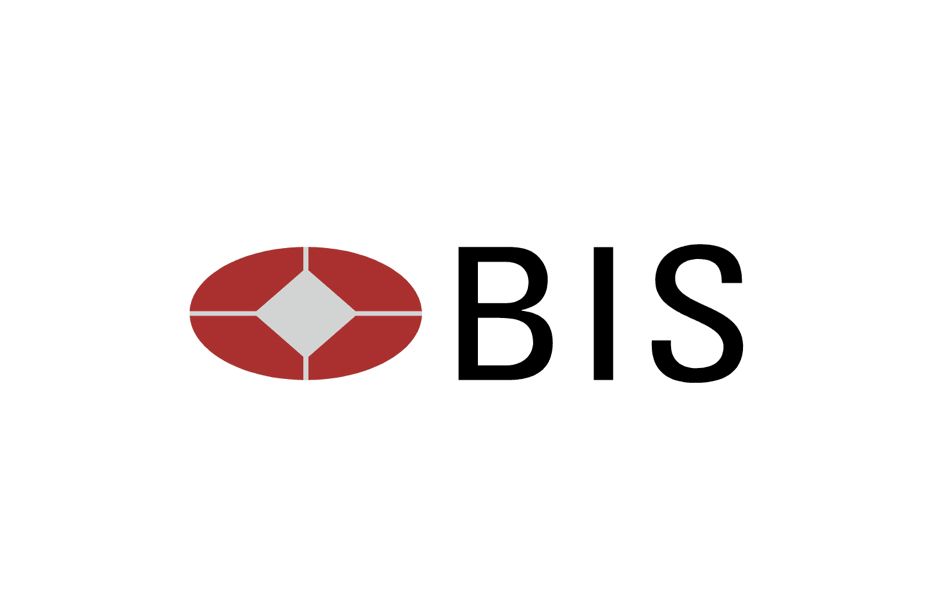
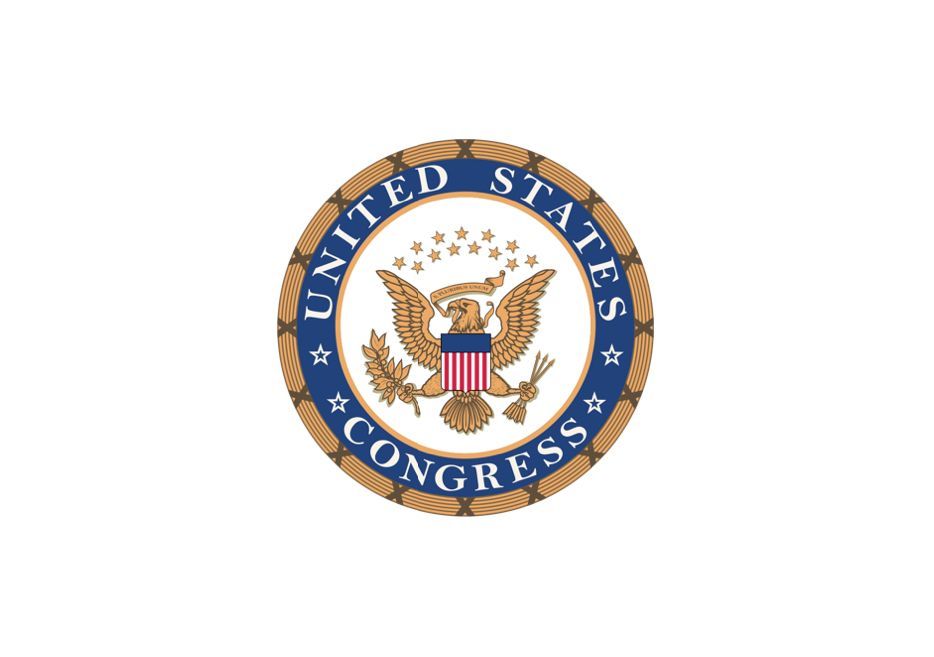

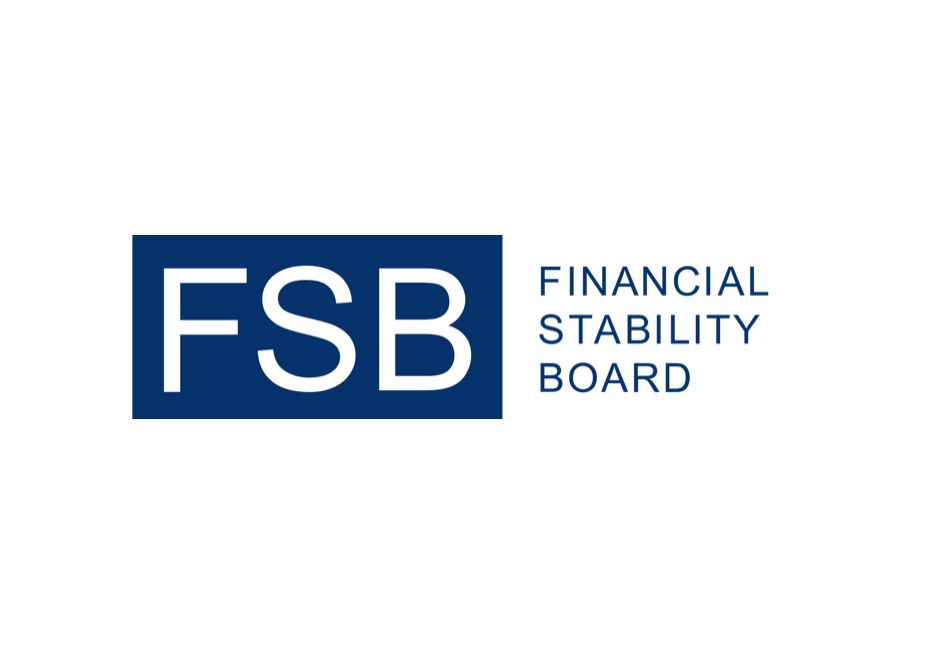
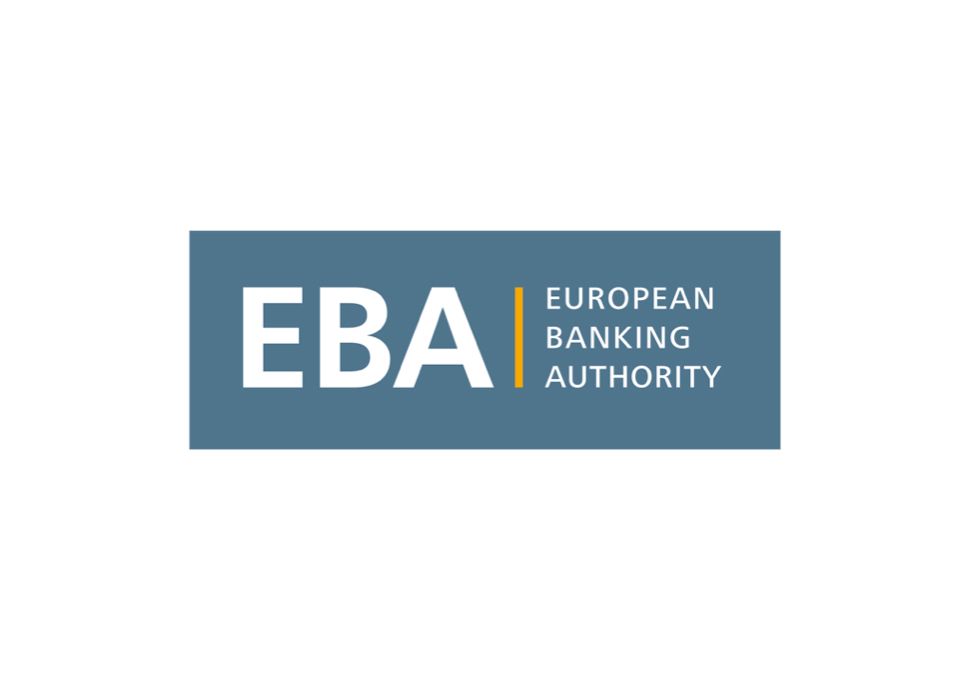

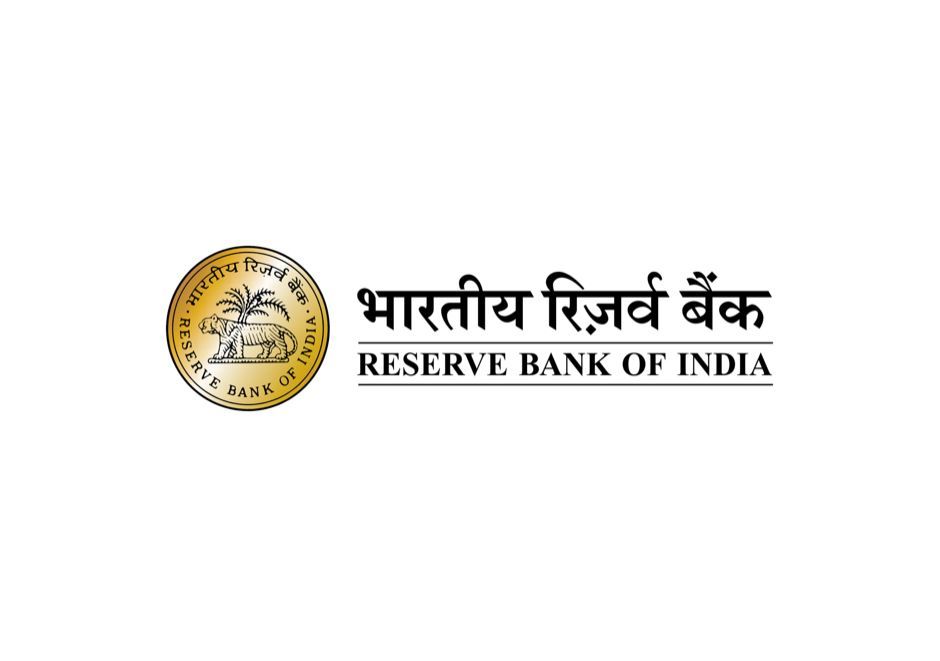
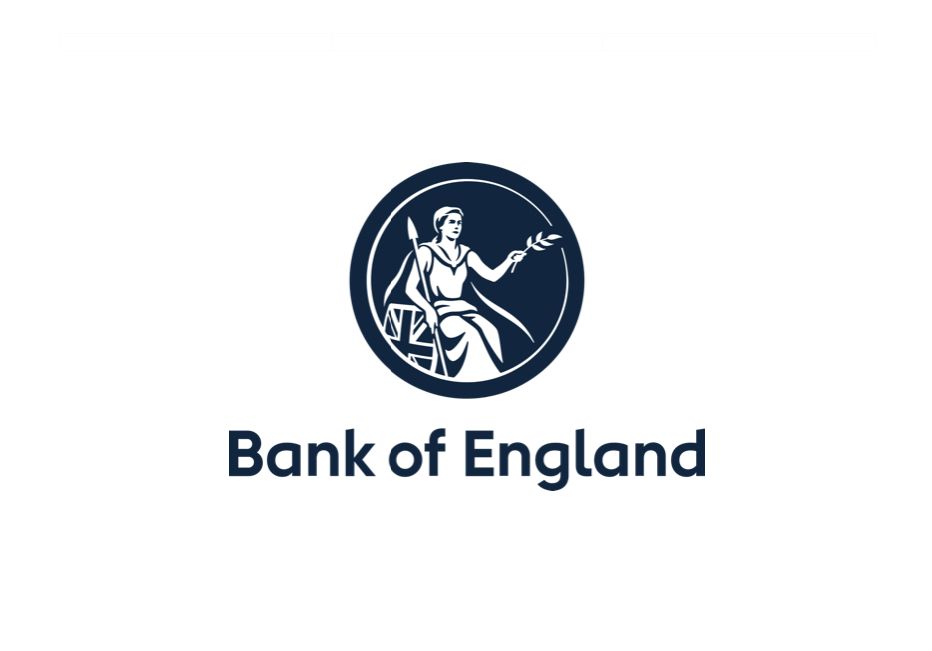
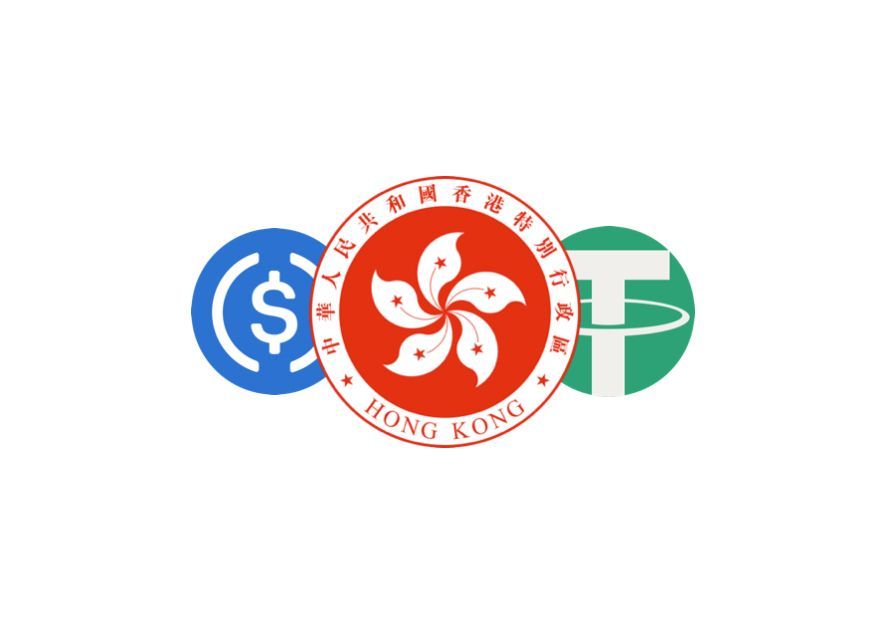
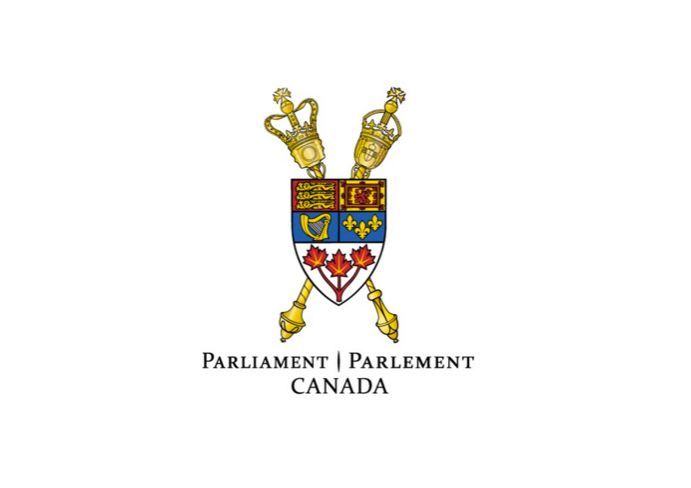
Disclaimer:
GlobalStablecoins.com is an informational website that provides news about coins, blockchain companies, blockchain products and blockchain events. Don’t take it as investment advice. Speak to an advisor before you risk investing in an ICO, Cryptocurrencies, Cryptoassets, Security Tokens, Utility Tokens, Exchange Tokens, Global Stablecoins, Stablecoins or eMoney Tokens. GlobalStablecoins.com is not accountable, directly or indirectly, for any damage or loss incurred, alleged or otherwise, in connection to the use or reliance of any content you read on the site.
Affiliate Disclosure / Sponsored Posts:
If a Sponsored Post contains any mention of a crypto project, we encourage our readers to conduct diligence prior to taking further action. GlobalStablecoins.com does not recommend that any cryptocurrency should be bought, sold, or held by you. Do conduct your own due diligence and consult your financial advisor before making any investment decisions.
GlobalStablecoins.com may receive compensation for affiliate links. Should you perform activities in relation to an affiliate link, it is understood that some form of compensation might be made to GlobalStablecoins.com. For example, if you click on an affiliate link, and sign up and trade on an exchange, GlobalStablecoins.com may receive compensation.
Before you invest in Cryptoassets you should be aware of the following,
Cryptoassets are considered very high risk, speculative investments.
If you invest in Cryptoassets you should be prepared to lose all your money.
All Sponsored Posts are paid for by crypto projects, coin foundations, advertising firms, PR firms, or other marketing agencies. GlobalStablecoins.com is not a subsidiary of any marketing agency, nor are we owned by any crypto or blockchain foundation.
The purpose of offering Sponsored Posts to our advertisers is to help fund the day-to-day business operations at GlobalStablecoins.com.
If you come across a Sponsored Post which you believe is fraudulent and/or “scammy,” please contact us and we will perform an immediate investigation.
All Rights Reserved | GlobalStablecoins.com
